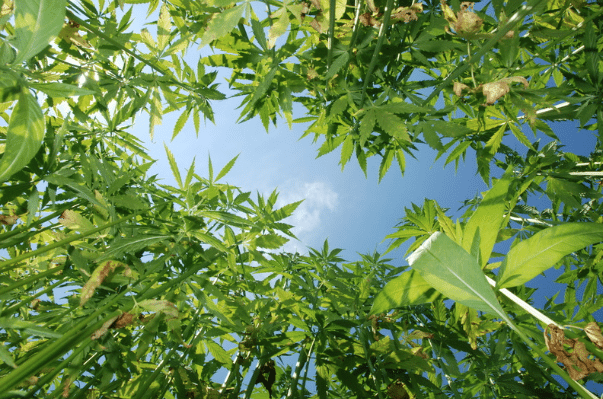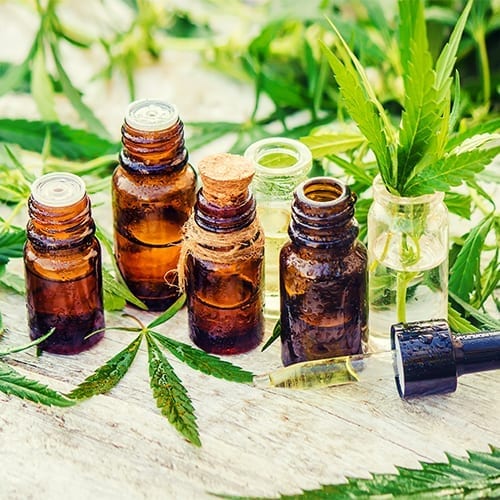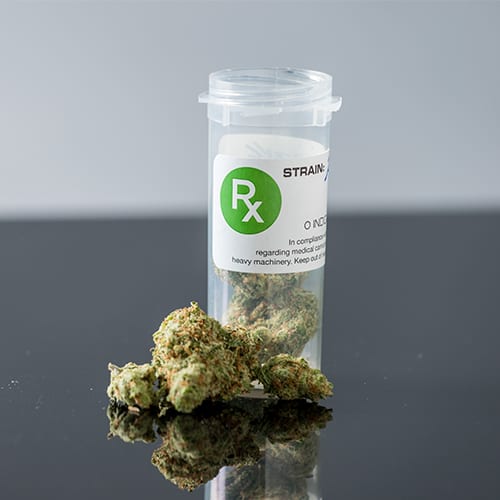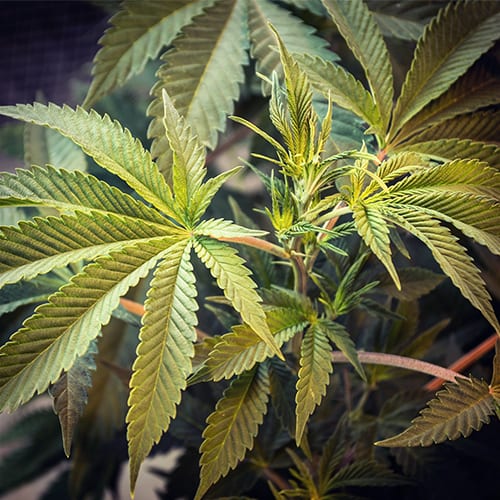
Hemp is making a comeback in the farming industry, and soon United States farms may be awash with gently swaying plants like they were before the Marihuana Tax Act of 1937 and Reefer Madness. The Rhode Island legislature passed House Bill 8232 on June 20th intended to legalization of production and processing of commercial industrial hemp, which could nullify the federal prohibition that is currently being followed. The bill is headed to Governor Gina Raimondo for a signature next. Hemp could be widely cultivated in the United States, providing a stable income for Americans, increased strength and durability in clothing and industrial fabrics, and a valuable export.
What is Rhode Island House Bill 8232?
HB8232 was introduced by five Democrats in an effort to allow Narragansett Indian tribe state-licensed representatives to “produce, possess, distribute, and commercially trade industrial hemp.” The bill was then amended to apply to everyone with a state license. The bill itself calls hemp “an agricultural product” and suggests that the Rhode Island Department of Business (RIDBR) Regulation should “adopt rules” for hemp farming which require testing for THC levels and inspection during all seasons and stages of the growing and processing operations. This bill would also effectively prevent the RIDBR from prosecuting farmers who will grow hemp under the federal laws which forbid it. Obama’s 2014 Hemp Amendment to the Farm Bill originally allowed state agriculture departments, colleges, and universities to grow hemp for research purposes, but only applied to “states where industrial hemp farming is already legal under state law.”
Are There Federal Bills to Legalize Hemp Farming?
Yes, there are two: S. 134 and H.R. 525 which are both intended to redefine industrial hemp as something other than marijuana in order to exclude it from the Controlled Substances Act which currently criminalizes hemp on a federal level. The bills also want to give exclusive authority to states for growing and processing industrial hemp.
What is the Future of Hemp Farming in the U.S.?
Hemp was once a major export of states like Kentucky, until it was made federally illegal. Hemp can provide oils, wax, rope, cloth, paper, food products, cosmetics, plastics, and bio-fuel, and it does not contain enough THC to get anyone high. Kentucky’s program has acquired 120 participants since President Obama signed the Farm Bill that allowed hemp farming in the state; there is great hope that hemp might replace the farmers put out of work by the decline in tobacco demand – the two plants grow “in a lot of the same places,” according to Carol Ely of Locust Grove. Adam Watson is the director of Kentucky’s industrial hemp program, and stated that “Kentucky is now considered to be the leading industrial hemp producer” in the United States. The U.S. market for industrial hemp is estimated at $600 million per year, and the U.S. is the only developed nation without an industrial hemp crop used for economic purposes. If you’re a farmer, or if you feel like it might be your calling, it’s definitely worth looking into. If you’re an investor, this might be the next lucrative investment you make.
SOURCE: MASSROOTS.COM







